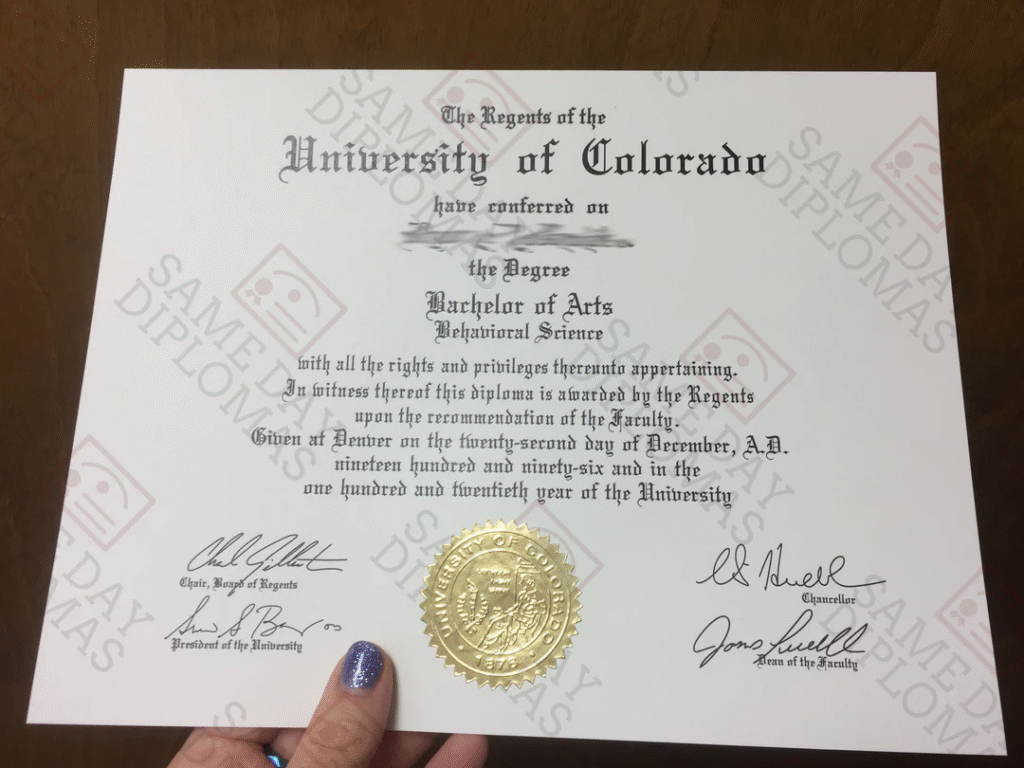In an age of flexible learning and rapidly evolving careers, the online diploma has emerged not just as an alternative but as a powerful motivator for millions of learners worldwide. While traditional degrees have long held the prestige of higher education, online diplomas are quietly disrupting the academic landscape with their accessibility, personalization, and relevance. This shift is more than just technological—it’s deeply psychological. In this blog, we explore why online diplomas can inspire stronger motivation and engagement than conventional university programs.
The Modern Learner’s Psychology: Control Breeds Motivation
One of the most profound reasons online diplomas motivate learners is autonomy. Traditional learning environments are rigid—semesters are fixed, classrooms are physically located, and schedules are often inflexible. This system can feel controlling, especially for adults juggling jobs, families, or personal responsibilities.
Fake University Degree and diploma, in contrast, offer learners control over when, where, and how they study. This freedom fuels intrinsic motivation, the psychological drive that makes people want to learn, not because they have to, but because they choose to. Research in educational psychology confirms that self-directed learners are more engaged, persistent, and likely to succeed academically.
Accessibility and Inclusivity: Motivation Through Opportunity
The physical and financial barriers to traditional education are well known—relocation costs, high tuition fees, and competitive admissions processes. These barriers can demotivate potential students before they even apply.
Online diplomas remove many of these roadblocks. A learner in a rural town or a stay-at-home parent halfway across the world can now access the same caliber of education once reserved for elite campus classrooms. By leveling the playing field, online diplomas inherently boost motivation through accessibility. When people feel seen and included, they’re more likely to invest effort and energy in their studies.
Personalized Pathways: Tailored Learning as a Motivator
Traditional classrooms often suffer from the “one size fits all” problem. In contrast, online diploma programs frequently incorporate adaptive learning technologies, modular curriculums, and feedback-driven progression. This personalization increases relevance for learners, making them feel that the material is useful and aligned with their goals.
When education is relevant, it feels purposeful. Purposeful learning naturally drives stronger engagement and commitment. Whether it’s a diploma in data analytics, UX design, or digital marketing, students are more likely to complete the program because it feels directly tied to their professional or personal growth.
Immediate Application: Learning That Feels Worth It
Unlike many traditional university courses that emphasize theory over application, online diplomas are often career-focused. They’re designed to provide skills that can be used immediately in the workplace. This instant utility is a significant motivator, especially for adult learners and career changers.
Consider someone working in sales who enrolls in an online diploma program in digital marketing. Within weeks, they may begin applying the newly acquired SEO and social media skills to real-world campaigns. This instant feedback loop—learn, apply, see results—creates a powerful sense of progress and confidence, fueling continued effort.
Micro-Wins and Digital Rewards: Gamifying Motivation
Online diploma programs often incorporate gamified elements, such as progress bars, badges, certificates, and interactive quizzes. These micro-rewards help break down long-term learning goals into manageable chunks, reinforcing motivation along the way.
It’s the same psychological principle used in fitness apps or language platforms: visible progress encourages continued effort. These digital cues signal growth, making learners feel competent and in control. For many, these regular boosts are far more effective than the delayed gratification of a university diploma earned after four or more years of rigid coursework.
Conclusion
While traditional degrees still hold cultural and professional value, the online diploma offers a uniquely empowering learning experience for today’s students. From autonomy and relevance to accessibility and immediate application, every facet of online learning is designed to fuel motivation.
For today’s learners—especially those navigating career shifts, parenting, or global moves—motivation isn’t just a nice-to-have; it’s essential. And that’s exactly what online diplomas deliver.


